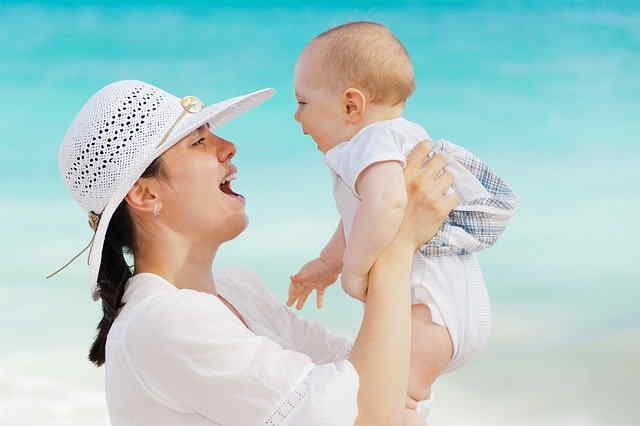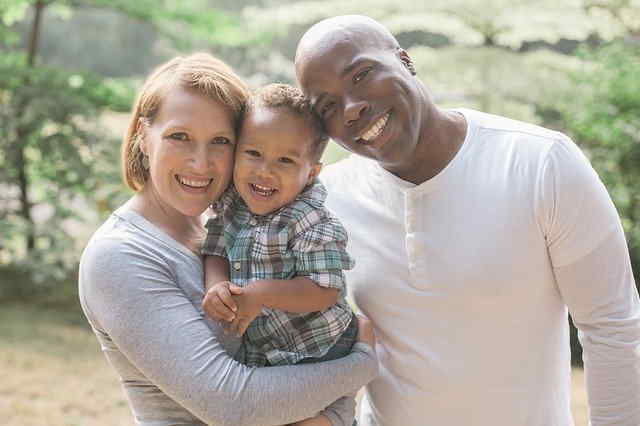A meeting on digital innovations, TB and implementation research organised by WHO and the European Respiratory Society
WHO’s Global Tuberculosis Programme (WHO/GTB) and the European Respiratory Society convened a technical meeting on digital innovations, TB and implementation research, in Geneva on 7 February 2020. This meeting brought together funders, partners, representatives of national TB programmes, civil society and scientists to discuss the challenges and opportunities when evaluating, integrating and scaling up digital technologies under programmatic settings. […]




